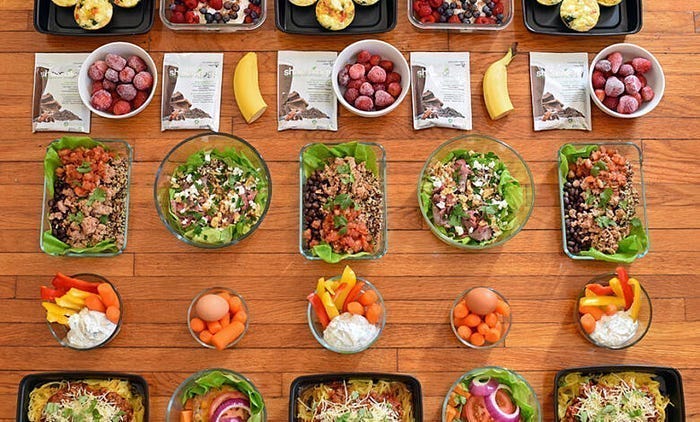views
As women enter their fifth decade, maintaining physical independence becomes increasingly vital for quality of life. Research demonstrates that high-level performances in mobility tests are clearly correlated to feelings of independence, making this an essential focus for healthy ageing.
Understanding the Challenge
Approximately one third of 70-year-olds and most 80-year-olds report restrictions on mobility in their apartments and immediate surroundings. However, this decline isn’t inevitable. We start to lose muscle in our 30s, and the loss accelerates with age, putting us at risk of frailty later in life, but targeted interventions can significantly slow this process.

The Foundation: Strength Training
Resistance exercise forms the cornerstone of mobility preservation. The World Health Organization recommends all adults strength train major muscle groups at moderate or greater intensity at least twice a week. Focus on compound movements that mirror daily activities — squats for rising from chairs, deadlifts for lifting objects, and push-pull exercises for opening doors and carrying shopping.
Begin with bodyweight exercises or light resistance bands before progressing to weights. Four groups of muscle-strengthening exercises can help with bone strength: hinge, push, pull and squat. This comprehensive approach addresses the multiple muscle groups needed for functional independence.
Nutritional Support
Adequate protein intake becomes crucial after 50. The sport dietitian recommends aiming to get 25 to 30 grams of protein per meal, especially if you’re eating three meals a day, as this supports muscle maintenance and growth. Include lean meats, fish, eggs, dairy, legumes, and plant-based proteins throughout the day.
Bone health requires attention to calcium and vitamin D. The sport dietitian emphasises consuming 1,200 mg of calcium daily for females over 50 years and getting 1,000 international units of vitamin D to support skeletal strength alongside muscle development.
Building Sustainable Habits
Start gradually and build consistency. Get at least 150 minutes of physical activity each week, combining strength training with walking, swimming, or other enjoyable activities. Balance exercises, such as tai chi or yoga, can reduce fall risk whilst improving flexibility.

Consider working with a qualified exercise professional initially to ensure proper form and progression. The sport dietitian can also provide valuable guidance on optimising nutrition timing around workouts to maximise recovery and results. This investment in professional guidance can prevent injury and maximise results.
Long-term Independence
Mobility is the most studied and most relevant physical ability affecting quality of life with strong prognostic value for disability and survival. By prioritising strength training, adequate protein intake, and consistent physical activity, women over 50 can maintain their independence and enjoy an active, fulfilling lifestyle well into their later years.
The sport dietitian confirms that the evidence is clear: it’s never too late to start, and the benefits extend far beyond physical health to encompass confidence, independence, and overall wellbeing.



Comments
0 comment